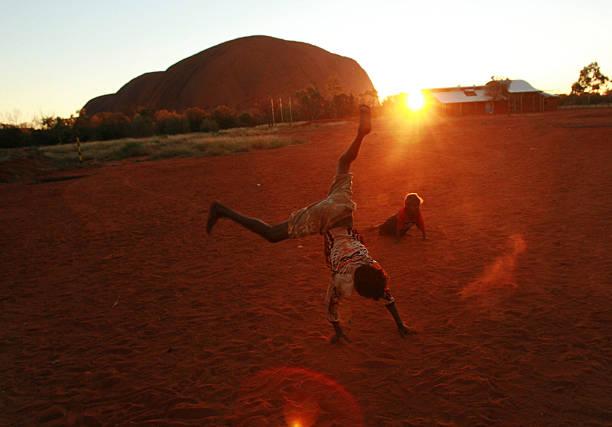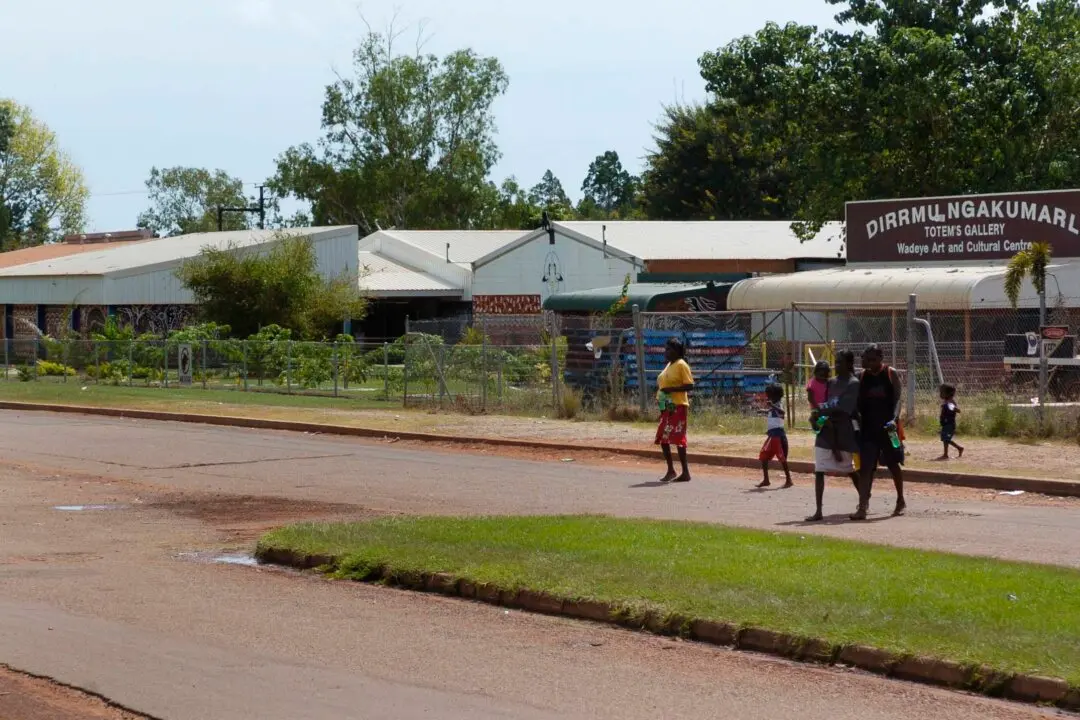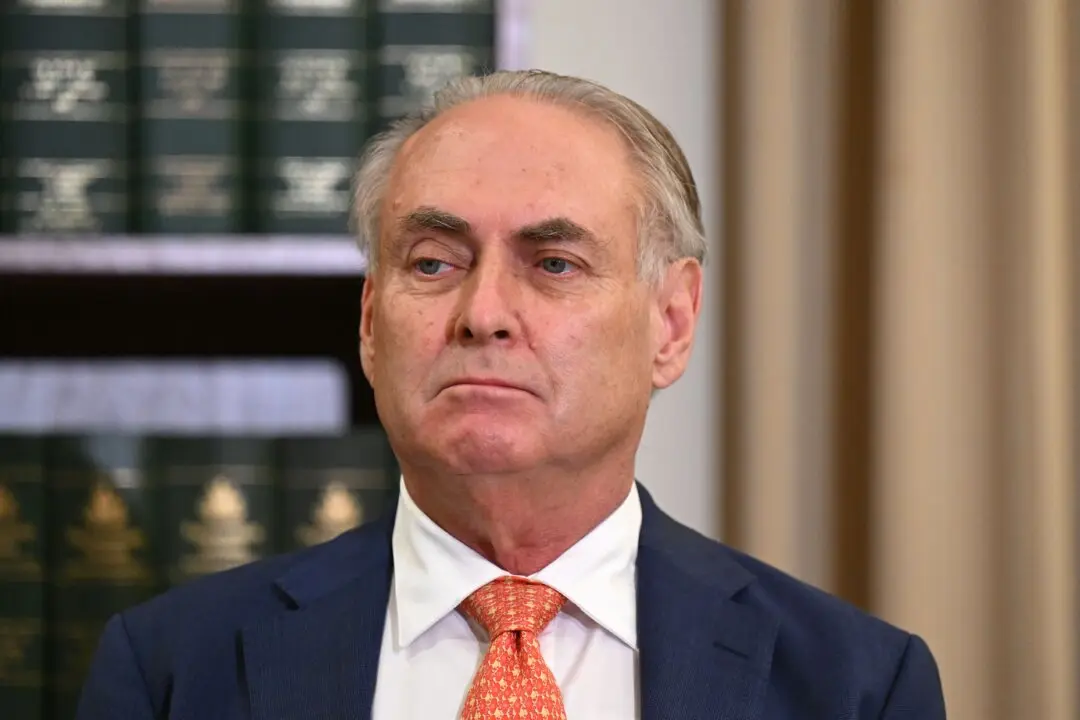Doctors have converged on Canberra for a landmark protest against fossil fuel projects that risk turning Darwin and the Beetaloo Basin into hotspots for disease.
Hundreds of health professionals have locked behind paediatrician Louise Woodward who desperately wishes she was on the job in the Northern Territory, caring for sick kids.





